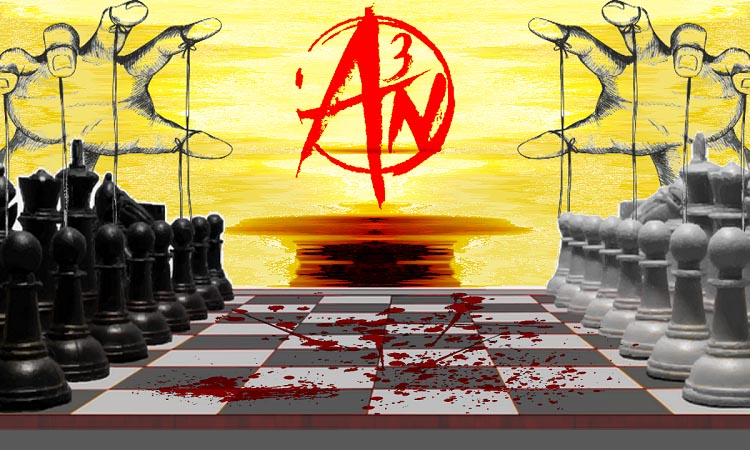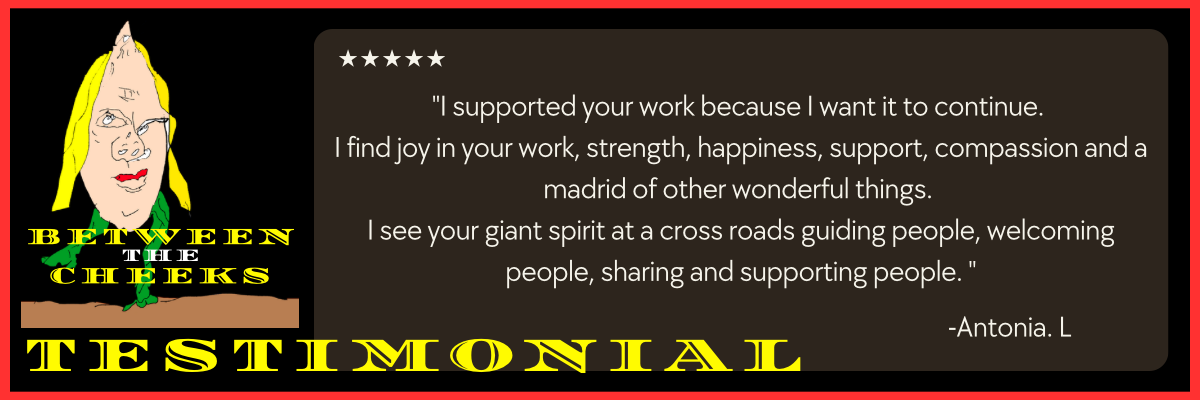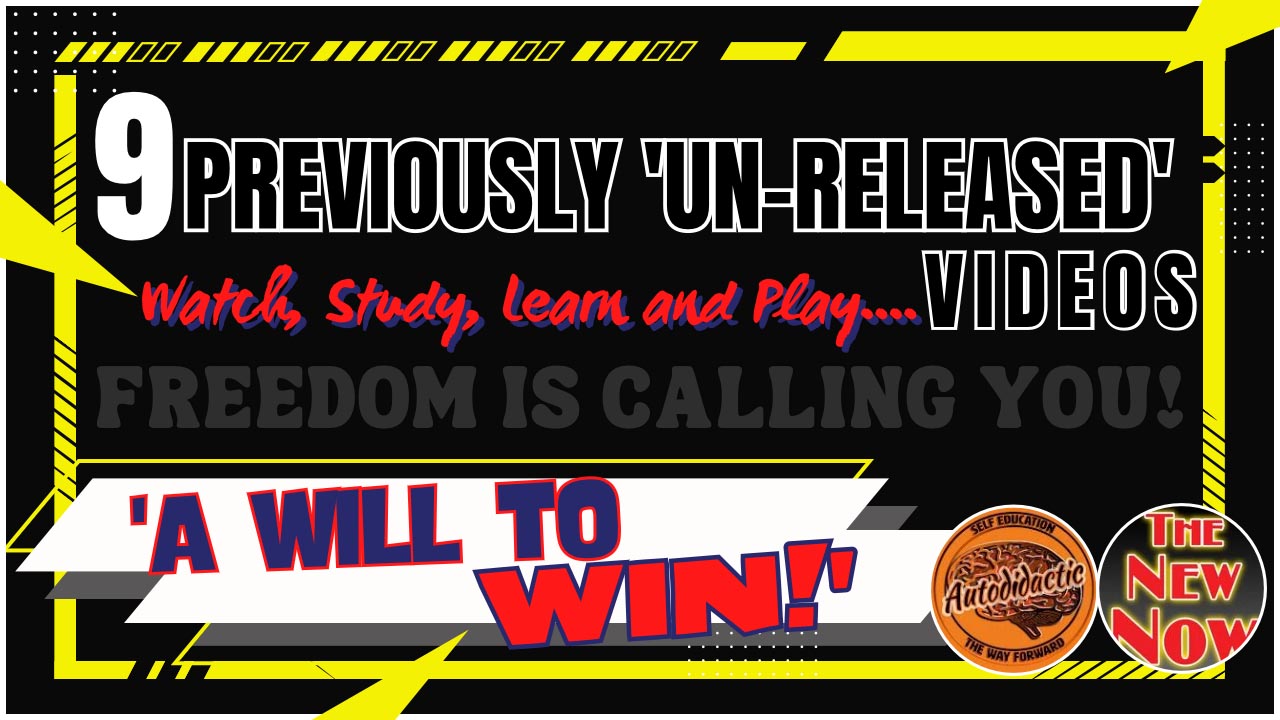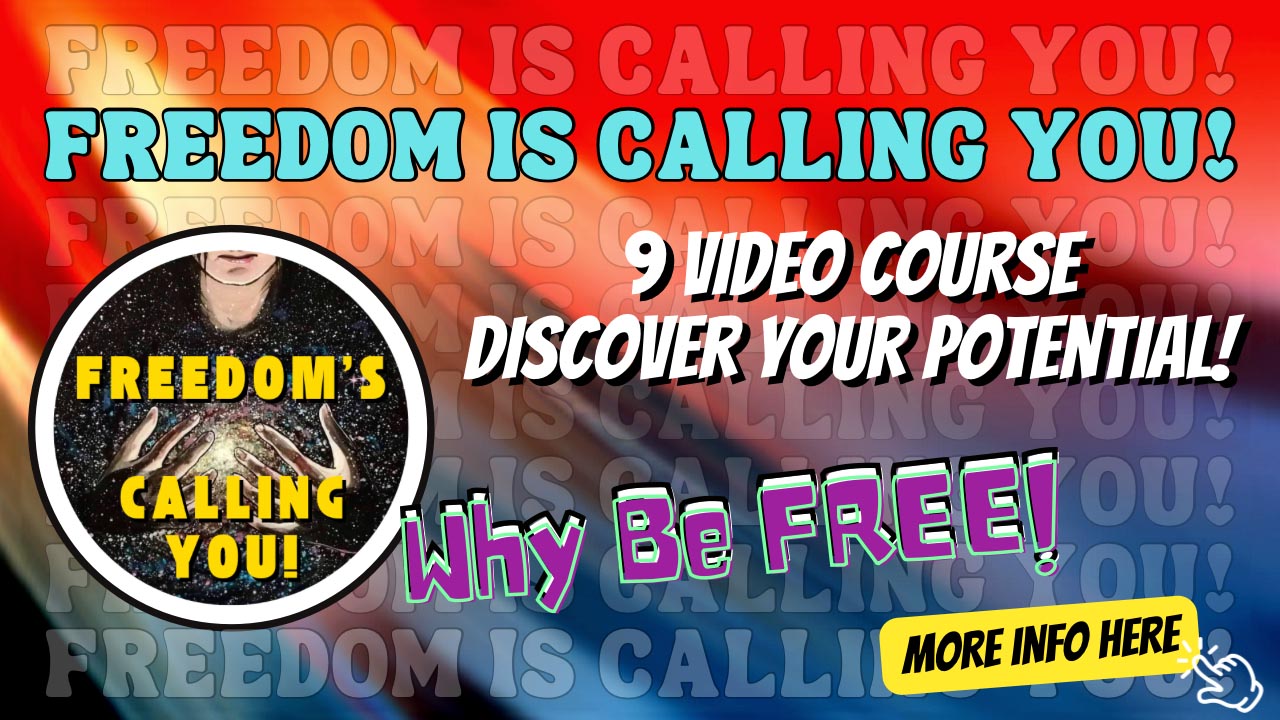[Cautionary Words]
Beyond Subtly Controlled Opposition
“One has not only a legal but a moral responsibility to obey just laws. Conversely, one has a moral responsibility to disobey unjust laws. I would agree with St. Augustine that “an unjust law is no law at all.” _MLK Jr.
When you see a speed limit sign, do you intentionally go faster?
When you hear about a new law, regulation, or restriction, do you immediately violate it?
If so, then the government is controlling you just as surely as if you were strictly obeying the law.
If we assume that those laws are unjust then it seems MLK Jr would say you are obligated to break that law. St Augustine, Socrates, and others have expressed very similar views. However they are all wrong.
That may appear arrogant on my part given the stature of those persons. However, logic always trumps authority and personality. The problem with the attitude expressed by these and others who say we are obligated to break the law, is that they work from a false dichotomy of either obeying the law else violating the law.
I suggest there is a third way; a way far more in line with agorism and the ideas of freedom.
Those who claim that there is a duty to obey the law seem to overlook alternatives. They hold that the only way to change unjust laws is to break them. In making these assertions, such individuals are expressing their faith in the system of government, excluding practical and principled approaches such as agorism.
As individuals who promote freedom and condemn coercion, we hold beliefs that are clearly contrary to the law. Unfortunately all too often we hear (and possibly experience) a knee jerk response to a government program, a new law, or suggestions by some would be authority. I am not speaking of merely condemning the regulation or law, but rather to the attitude of deliberately acting against the law, such as breaking the speed limit. Such reactions are misplaced and impractical.
Misplaced you say? How so?
Government’s typically control directly through laws stipulating how individuals can or cannot act, but this is not the only way to be controlled by the state. If your decisions and actions are determined whether in compliance or defiance, by what the state or some other authority says, then you are controlled by that authority.
Before we go any further, let me make clear that I am NOT suggesting that we should obey these would-be authorities and their demands.
What I am suggesting something even more revolutionary: We ignore their demands. Instead of allowing them to control our actions, either in a positive manner of mindless obedience, or in a negative manner of equally mindless rejection, we make our decisions without regard to the demands of these self-proclaimed authorities.
When X says that we have an obligation to break unjust laws, he is still granting authority and power to those in power. We need to reject that authority, not by tit for tat disobedience, but by not granting them any power one way or another.
The result is that we make decisions based on what is best individually as we see fit. If your action is dependent upon or turns upon the demands from others, then they control you regardless of which action you choose. If they want you to do X, they can simply tell you to not do X. Or if you are the obedient type they can just tell you do X.
Government now tells us not to smoke because it is bad for our health. Are you going to go start a three pack a day habit like a petulant child? Of course not. You are still going to choose what is best for your own health. You certainly have no duty to do the opposite of what government says. When making a decision, look to your own benefits and costs. The position of the state ought to be irrelevant or at least not a determining factor.
Then, too, there are laws that purely by accident align with morality. Laws against murder ought not be broken merely because they are laws.
When making important decisions ask yourself a few questions:
Does the position of your opponent play a defining role in your choice?
Should it?
We cannot dispute that those expressing this “duty to break the law” are anti-government, but they are simplistically so and as such are easily controlled. The problem of false dichotomy comes into play as the person who feels to oppose government means that they must always do the opposite of what government says, and therefore, is controlled by the state exactly as the person who mindlessly obeys.
A truer opposition to the state is to act on your own goals, your own values, without granting the state any power to decree what those desires are.
That said, sometimes what the state says is relevant to our decision-making process. If you are looking to minimize the amount of taxes you pay, then the state’s position is relevant, but if you are looking to live a comfortable life and seek time to pursue your interests, the position of the state on taxation is largely irrelevant. At worst it is tangential, an element to take into account but not a determining factor.
Next time you learn of some new restriction, regulation, or goal of those who would force us to live as they desire, ask yourself how that fits into your life. Do not have the knee-jerk reaction to just do the opposite, instead examine the new rule and where it coincidentally fits into your life; call it a win for yourself. That is one less thing that the government would try to prevent you from doing.
Define yourself by the positive things you seek in life, who you want to be. Don’t let government define you by always just doing the opposite of what they say that they want. At best, government is a threat to monitor, not an authority from which our decisions derive, whether positive or negative.




















